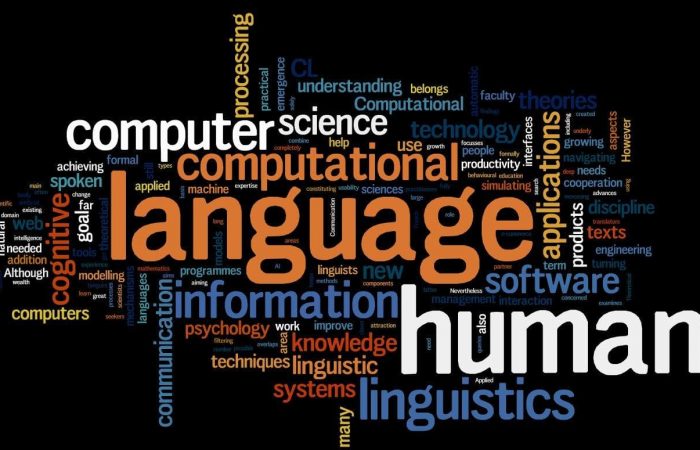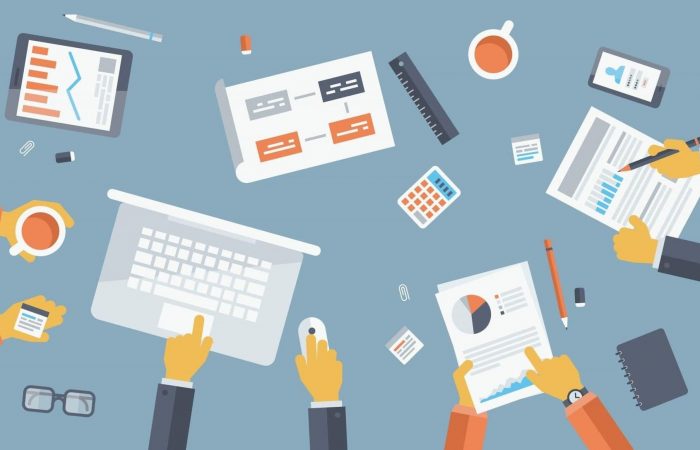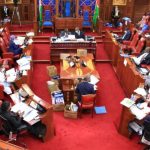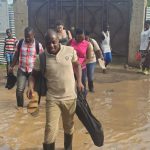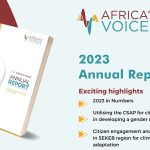Interactive radio allows for new voices to be amplified across Africa. But, how can we listen carefully and make sense of these unstructured conversations? Further, any audience data that is collected will be skewed – because the voices are also skewed.
Firstly, radio audiences are skewed in comparison to the population. In addition, those who choose to participate in the on-air discussions are not representative of the radio audiences as a whole. Men, younger and more educated people are more likely to participate. When Africa’s Voices collects audience data, we tag messages with socio-demographics so we can understand these skews and compare groups.
In the video above (from 7:50), Claudia Lopes (Head of Research and Development) explains that our approach reaches unique voices that are missed through conventional methods such as surveys. Even if these unique voices are not perfectly representative in a statistical sense, the richness of their content is immensely valuable in our analysis.
We focus on trends as well as on outliers, and we understand that the opinions are formed within a social milieu – shaped by social identifications and social norms. These voices are unique, spontaneous, diverse but they also reveal collective meanings.
This data is also messy because people communicate in local languages using slang, jokes and metaphors. We are able to analyse these complex data by combining data science with human knowledge to understand the language and context. By working with local organisation we discover new words and pinpoint powerful messages.
We also combine data science with social science when we design a platform, when we ask research questions, and when we interpret patterns or pull out messages. The stories that we tell with data reflect conceptions about social influence, group identification, attitude change and collective dynamics.
The presentation above was delivered at a celebration of the 5th anniversary of the Centre of Governance and Human Rights (CGHR) – a research group that Africa’s Voices spun out of. The first half of the talk above is presented by Sharath Srinivasan (Director of Africa’s Voices and CGHR) as he introduces Africa’s Voices work to date.
